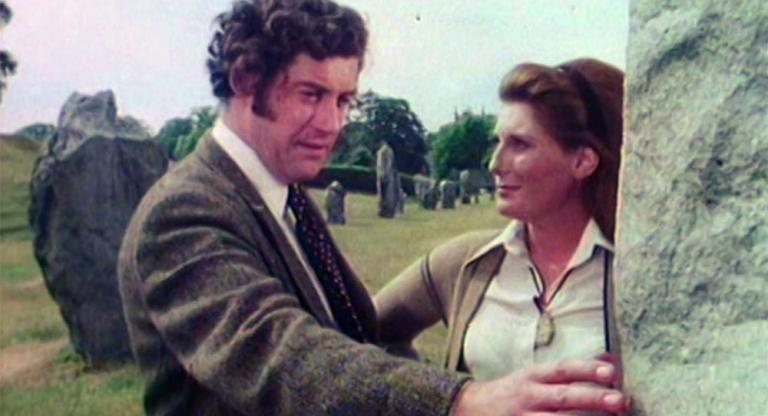Joseph L. Mankiewicz’s screen adaptation of William Shakespeare’s Julius Caesar is the bard done Hollywood-style to near perfection. The film, produced by John Houseman after the success of Laurence Olivier’s Henry V (1944), used many of the sets from 1951’s Quo Vadis but was shot in black-and-white to differentiate it from Mervyn LeRoy’s religious epic. Mankiewicz was chosen by Houseman for his deft touch with dialogue. This, combined with the film’s precise cinematography, which enhances its mesmerizing performances, makes Julius Caesar an engrossing marvel.
The film’s key roles — Cassius, Brutus, and Marc Antony — are played by three unique presences: John Gielgud, James Mason, and Marlon Brando, respectively. The stylistic diversity of these performers, and subtle modulations in their handling of Shakespeare’s words, creates a meaningful tension on screen. Gielgud is calculating and grandiose as Cassius, using his more traditional Shakespearean delivery to imbue the role with disingenuity. Mason, with his coolly authoritative and vulnerable take on Brutus, is absolutely magnetic in the role; he presents the rationale and emotional turmoil implicit in the character’s violent, yet ultimately necessary deed, as one rife with righteousness and pain. And Brando, hot off the success of A Streetcar Named Desire (1951), is perfectly cast despite the derisive nickname (“the mumbler”) hurled on him. In spite of his youth and passion as a performer, Brando manages to imbue his take on Antony with nuance. Gielgud offers complete artifice, Mason radical candor, and Brando a genuine albeit goal-oriented pathos that befits his character’s motivations.
Mankiewicz’s Caesar (Louis Calhern) is a good natured buffoon. It’s easy to see why Antony and Brutus love the affable dictator, but his guileless and self-centered simplicity also reveals why he must die. The populus, as they’re depicted by Mankiewicz and Shakespeare, are easily swayed. We see them trade allegiances from Brutus to Antony rather quickly when the orators’ words and feelings feel right. Eventually, Brutus and his cadre of conspirators end up taking matters into their own hands for the good of these people, but Mankiewicz shows how the cold rationale of their act is troubled by the motivations of its actors and the hearts of those they purport to serve. Power is dangerous. In the hands of a single person, or an elite few, it is poisonous. Mankiewicz’s film explores both the political and emotional realities of Shakespeare’s drama in expert fashion. It portrays the assassination that Brutus performs as right and noble, though perhaps too noble for the world as it really is. Then again, in light of recent events, perhaps it doesn’t hurt to try.
Julius Caesar screens tonight, December 23, at Film Forum on 35mm as part of the series “Brando 100.”



